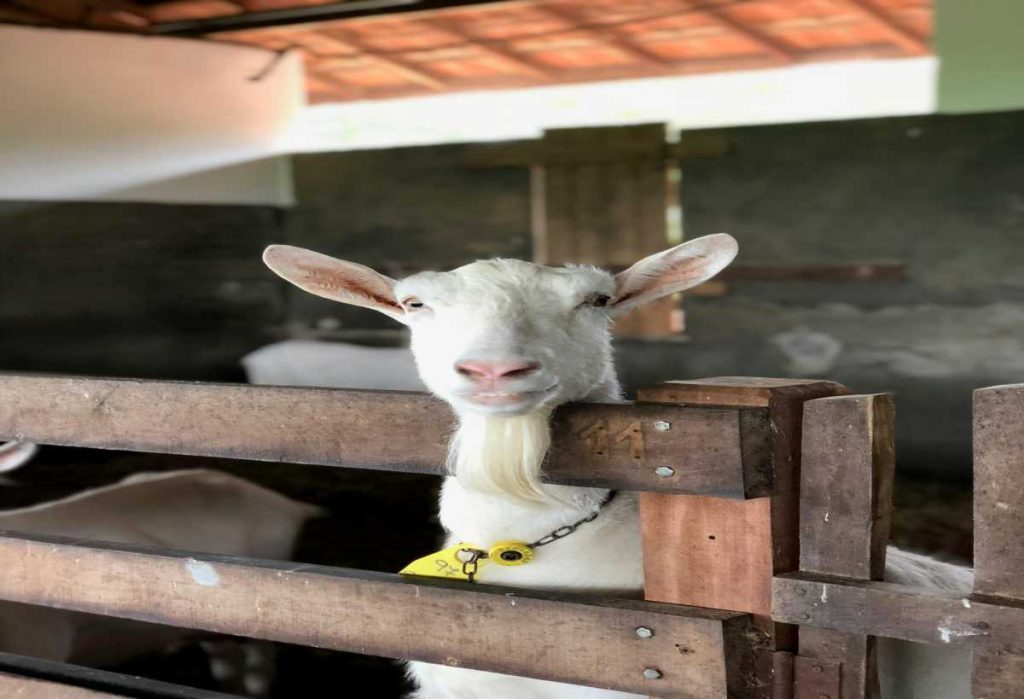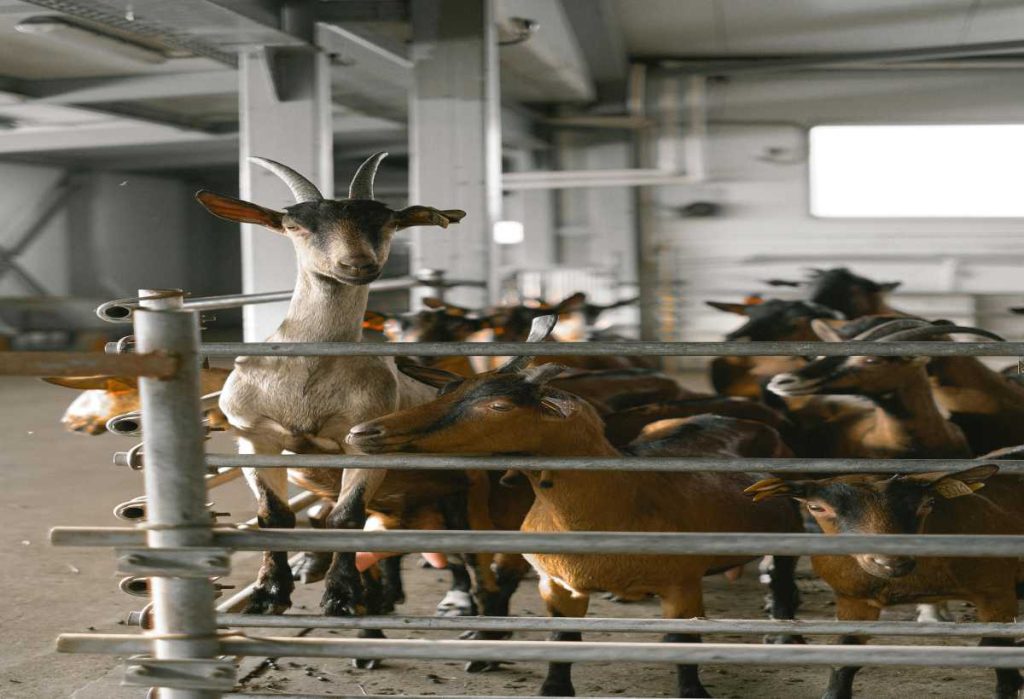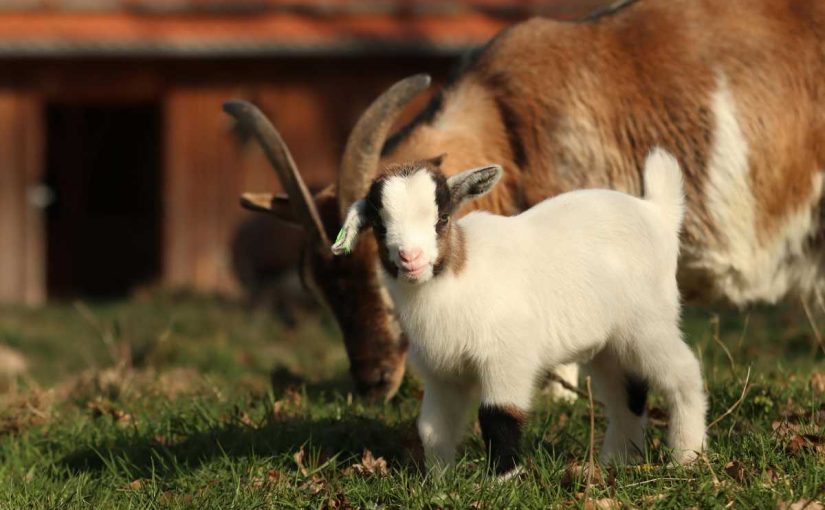In recent years, eco-friendly practices have gained significant traction in agriculture, and goat farming is no exception. With the rising awareness of sustainable farming, many goat farmers are looking for ways to reduce their environmental impact while still being productive. This ultimate guide will explore effective strategies and practices for eco-friendly goat farming, ensuring that you can raise goats sustainably while contributing positively to the environment.
1. Understanding Sustainable Goat Farming
Overview:
Sustainable goat farming focuses on practices that are environmentally friendly, economically viable, and socially responsible. This approach emphasizes maintaining ecological balance, minimizing waste, and enhancing biodiversity.
Key Principles:
- Holistic Management: Emphasizing an integrated approach to managing the farm, including livestock, land, and resources.
- Conservation of Resources: Using natural resources wisely to ensure their availability for future generations.
- Biodiversity: Promoting a variety of species on your farm to enhance resilience and reduce dependency on single crops or livestock.
2. Choosing the Right Breed
Overview:
Selecting the right goat breed is crucial for sustainable farming. Different breeds have varying needs and impacts on the environment, and some are more suited to specific climates or farming methods.
Tips for Breed Selection:
- Local Adaptation: Choose breeds that are well-adapted to your local climate and environment. Local breeds often require less intensive management and are more resilient.
- Dual-Purpose Breeds: Consider dual-purpose breeds that provide both milk and meat, maximizing productivity without needing multiple herds. For example, Boer goats for meat and Saanen or Nubian goats for milk.
- Small-Scale Breeds: For smaller farms, miniature or dwarf breeds may be a better fit, as they require less space and food while still providing valuable products.

3. Implementing Rotational Grazing
Overview:
Rotational grazing is a powerful technique for promoting soil health and maximizing pasture use. It involves moving goats between different pastures to prevent overgrazing and promote pasture recovery.
Benefits of Rotational Grazing:
- Soil Fertility: Goat droppings naturally fertilize the soil, enriching it with nutrients. Rotating pastures allows the soil to recover and improves overall fertility.
- Weed Control: Goats are natural browsers and will eat undesirable weeds, helping to manage your pasture without chemical herbicides.
- Biodiversity: By allowing pastures to rest, you encourage the growth of a variety of plants, which supports local ecosystems and wildlife.
How to Implement:
- Plan Your Pastures: Divide your land into smaller sections and develop a grazing plan based on pasture health and growth cycles.
- Monitor Growth: Keep an eye on pasture conditions and adjust grazing schedules as needed to prevent overgrazing.
4. Sustainable Feeding Practices
Overview:
Feeding goats sustainably is vital for minimizing environmental impact and ensuring goat health. This includes sourcing feed locally and using natural supplements.
Feeding Strategies:
- Forage-Based Diets: Goats thrive on forage. Encourage grazing on natural pastures and limit reliance on commercial feeds that may come with high environmental costs.
- Grow Your Own Feed: Planting a portion of your land with forage crops can reduce dependency on purchased feed and provide a more sustainable food source.
- Supplement Wisely: Use natural supplements, such as minerals and vitamins, and avoid synthetic additives whenever possible.
5. Water Conservation Techniques
Overview:
Water is a critical resource for goat farming, and implementing water conservation techniques is essential for sustainability.
Water Management Practices:
- Rainwater Harvesting: Install systems to collect and store rainwater for use in watering goats, reducing reliance on municipal or groundwater sources.
- Efficient Watering Systems: Use troughs and automatic watering systems to minimize waste and ensure that goats have constant access to clean water.
- Monitor Water Quality: Regularly test and monitor water sources to ensure they remain clean and safe for your goats.
6. Waste Management and Composting
Overview:
Proper waste management not only reduces environmental impact but also enhances soil health and farm productivity. Goats produce a significant amount of manure, which can be a valuable resource.
Waste Management Strategies:
- Composting Manure: Composting goat manure transforms waste into nutrient-rich compost that can improve soil fertility and reduce the need for chemical fertilizers.
- Biogas Production: Consider systems for converting manure into biogas, providing an alternative energy source for farm operations.
- Utilizing Waste in Gardens: Use composted manure in vegetable and flower gardens, closing the loop on waste and enhancing your overall farm ecosystem.
7. Promote Biodiversity on Your Farm
Overview:
Biodiversity is essential for ecological balance and resilience. Incorporating a variety of species into your farming system can lead to a healthier ecosystem.
Ways to Enhance Biodiversity:
- Mix Livestock Species: Raising goats alongside chickens, ducks, or pigs can create a balanced ecosystem. Each species interacts differently with the environment, helping control pests and improve soil health.
- Plant Diverse Crops: Grow a variety of crops and forage plants to support beneficial insects and promote soil health.
- Create Habitats: Set aside areas on your farm for wildlife habitat, promoting biodiversity and encouraging natural pest control.
8. Community Involvement and Education
Overview:
Engaging with your local community and continuing education can enhance your eco-friendly practices and contribute to sustainable agriculture.
Tips for Community Engagement:
- Join Local Farming Groups: Connect with other farmers to share knowledge, resources, and experiences related to sustainable practices.
- Host Workshops: Organize workshops on eco-friendly goat farming techniques to educate others and promote sustainability in your area.
- Participate in Farmers’ Markets: Selling your products at local markets fosters community connections and supports local economies.
Conclusion: Embrace Eco-Friendly Goat Farming for a Sustainable Future
Eco-friendly goat farming is not only beneficial for the environment but also enhances the productivity and health of your herd. By implementing sustainable practices, from choosing the right breed and utilizing rotational grazing to managing waste and conserving water, you can create a successful and responsible goat farming operation. As we move further into the 21st century, the emphasis on sustainable farming will only grow, making it essential for all farmers to adapt and embrace these eco-friendly methods. Together, we can build a healthier planet while enjoying the many rewards of goat farming.




